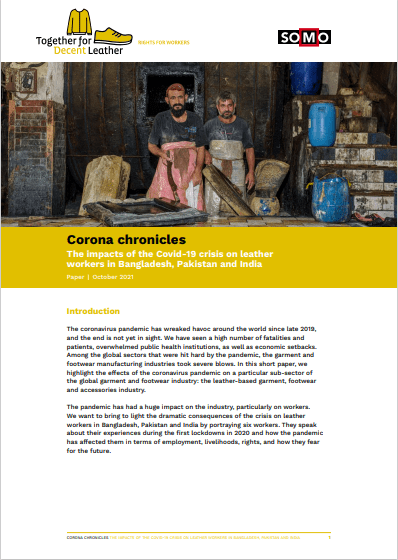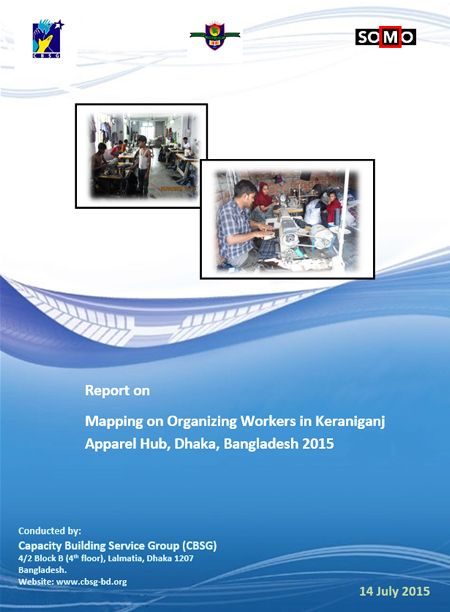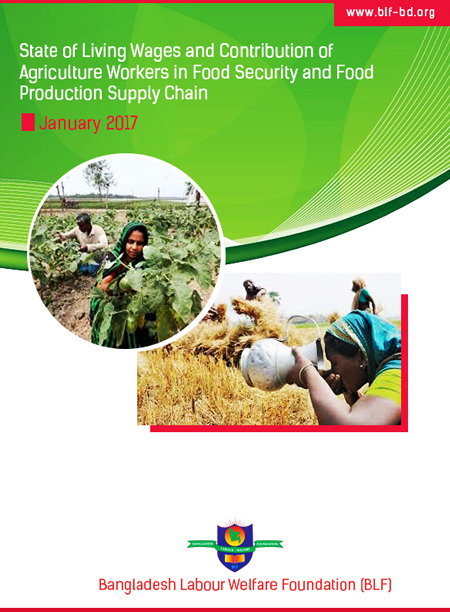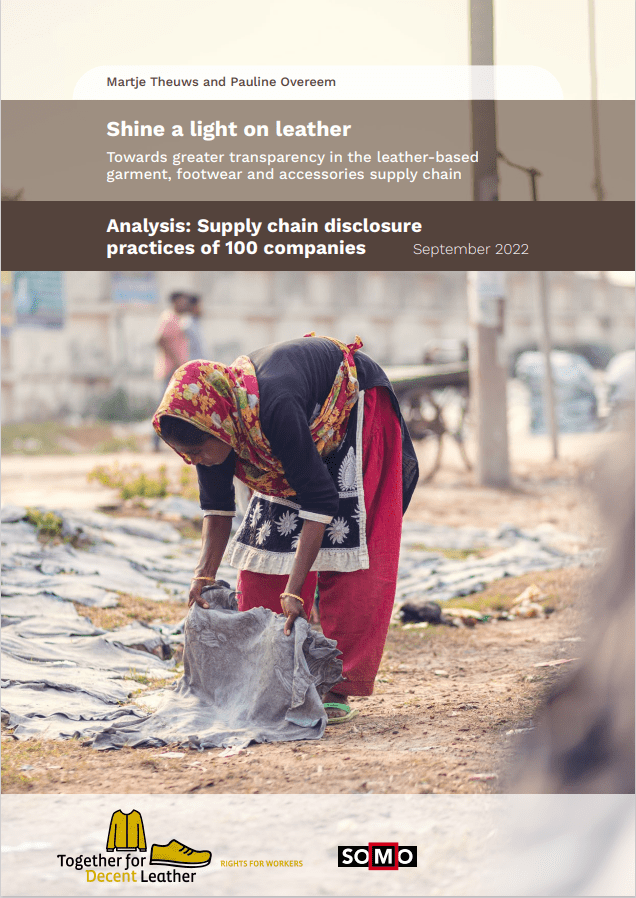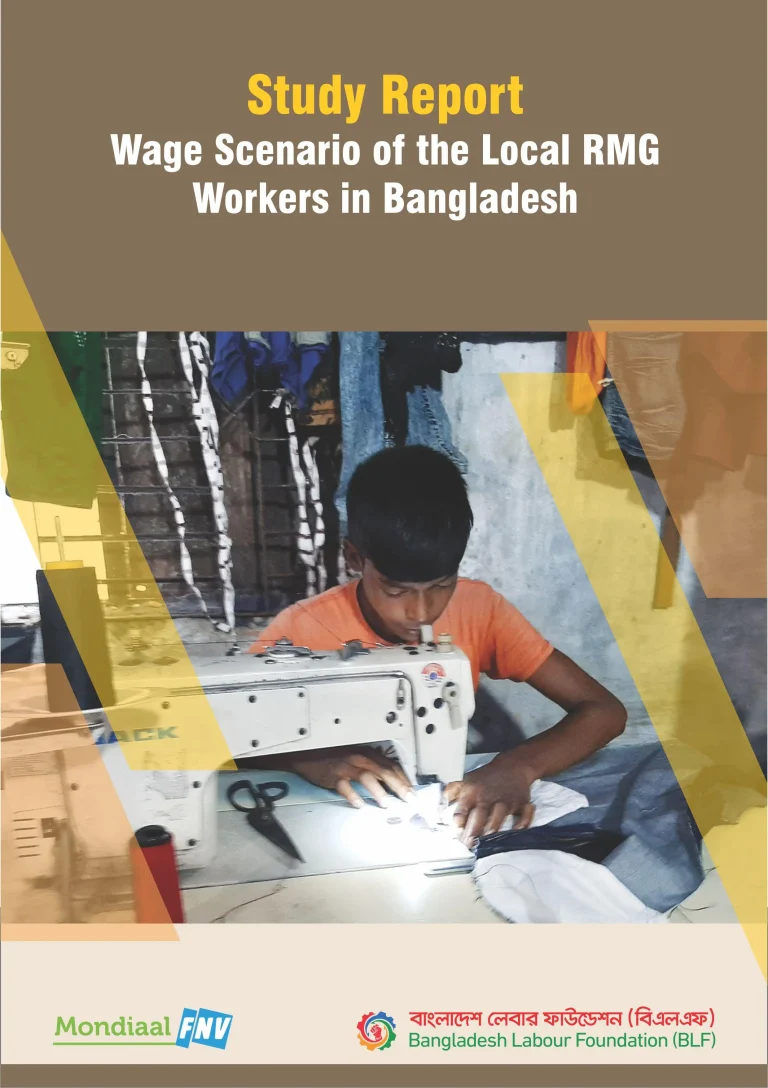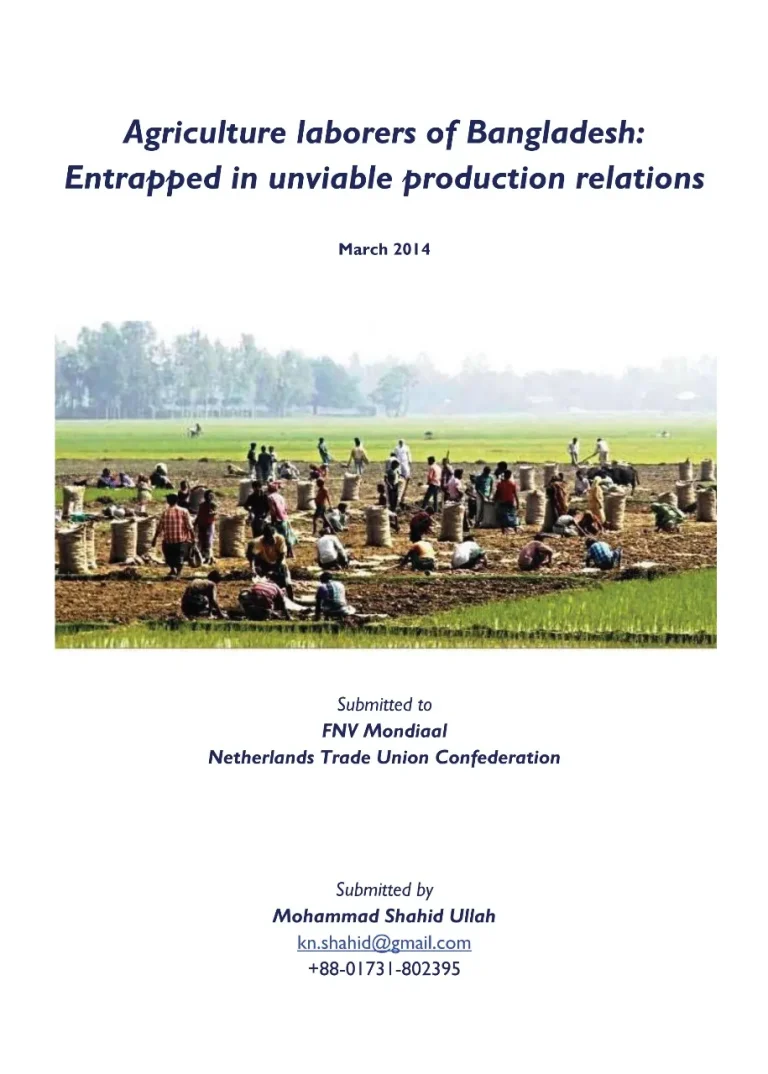Researsh & Study
Millions of people around the world work to produce leather garments, footwear and accessories. South Asia is an important production hub, catering to the international market. Bangladesh has emerged as an important producer of leather footwear for the international market. This overview of trends in the production of leather goods in Bangladesh collates information on the main product produced in Bangladesh. The report maps key Bangladesh-based leather manufacturers and foreign buying companies.
SOMO conducted this study to understand the production trends and exports relevant actors involved in Bangladesh. Bangladesh Labour Foundation (BLF) provides essential information and insights into the leather industry in Savar, Dhaka.
Objective: The research aims to highlight the challenges faced by workers in terms of employment, wages, working conditions, and overall livelihood during the pandemic in these South Asian countries.
Methodology: The study involves qualitative research through interviews and surveys to collect data on the experiences and perspectives of these workers during the COVID-19 crisis.
Findings: The leather industry is the second-largest export earner for Bangladesh, has shown a significant decline in recent years. The industry also faces substantial challenges related to environmental and social impacts, particularly concerning tannery processes. These issues have led major brands to avoid using Bangladeshi leather. Instead opting for imported leather for products manufactured in Bangladesh. The COVID-19 pandemic exacerbated these challenges, significantly impacting production and export activities. However, there are signs of recovery as political instability in Myanmar has redirected some international orders to Bangladesh. The study underscores the complexity and opacity of the leather supply chain in Bangladesh, which hinders transparency and traceability from production to end-product. This lack of transparency is due to both governmental and corporate reticence in disclosing detailed supply chain information.
Recommendation:
- Pay their workers their full wages. Outstanding payments of wages and benefits owed to workers since the start of the coronavirus pandemic should be settled without delay.
- International brands retailers, e-tailers must adopt responsible purchasing practices.
- Conduct regular monitoring and inspections to ensure that factories comply with government guidelines to prevent and address the spread of Covid-19 at workplaces.
- Actively enforce existing legal instruments concerning respect for human rights in international supply chains.

